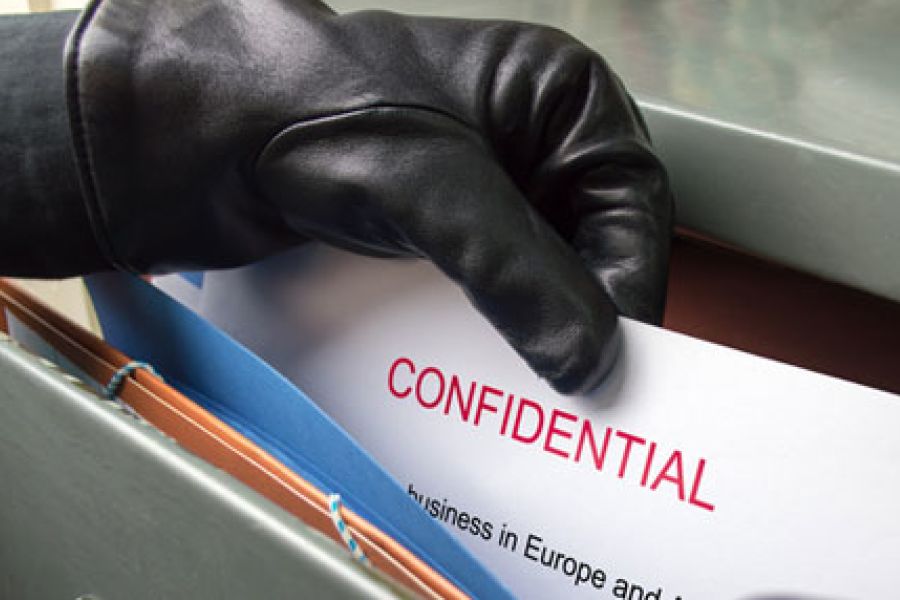Corporate espionage has long been a threat for U.S. companies. Recently, intellectual property theft by foreign governments and organized crime gangs has grabbed headlines — for good reason. According to the U.S. Justice Department, 80% of its economic espionage prosecutions target schemes that would benefit China. Yet for most businesses, the threat comes from employees and former employees who take advantage of lax environments with few internal controls. The problem . . . and a solution Employees with access to trade secrets may take that information with them when they leave your company for another job — or pad their paychecks by selling it to your competitors while still employed. As with all types of fraud, workers are more likely to participate in corporate espionage if they’re...




